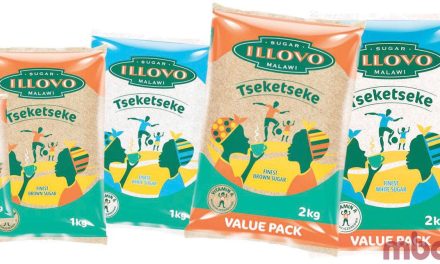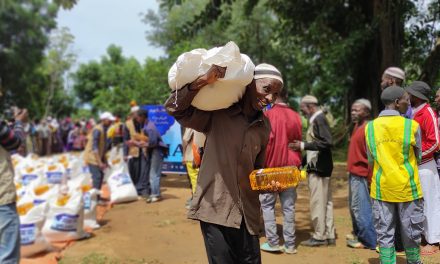
Malawi’s Mining Industry Still Under Utilized

For so long in history, Malawi has been tipped as one of the countries in Africa that is rich in precious minerals, but it remains to be seen when this mining sector will be taken seriously so as to turn round the economy in an effort to make Malawi an exporting country.
It is from this background that the blame for the country’s economic suffocation does not skip lack of clear vision on making the mining industry a vibrant arena for the country’s economic fortunes.
For instance, Malawi has Kayerekera mining site located in the northern part of the country with large deposits of uranium, yet very little is done to exploit it.
In recent years, the country also has had some tips on the availability of gold deposits in Machinga district around areas of Paramount Chief Kawinga, Senior Chief Liwonde, and Traditional Authority Nsanama where a lot of people from within and outside the district have been rushing to the site to dig out the precious mineral.
While agriculture remains the all-time backbone of the country’s economy, the sector, which provides 25 percent of the country’s GDP, has also been faced with a myriad of challenges, which predominately include climate change trends.
Malawi, just like any other African country, has been heavily hit by a number of disasters as a result of the impact of climate change, which include floods and drought. These disasters have in recent years disturbed farming activities in Malawi, a development that has negatively affected the country’s economic growth.
Unfortunately, the commitment to revamp the mining industry as a potential contributor to the economy has constantly remained unsupported.
Instead of revamping the mining sector to create a big room for the country’s economic improvements, the sector has been hit by various forms of setbacks, which include illegal mining and smuggling of minerals.
Although the Kayelekera uranium deposits were discovered in 1982, the country has, up to date, shown nothing to fully benefit from such a natural resource economically.
More often than not, various stakeholders and economic experts have clearly made remarkable observations that the country’s failure to reap benefits of the natural economic opportunities is as a result of government’s failure to create tangible policies that can provide clear vision to operate the mining industry in the country.
For instance, most of the people who venture into mining activities do not have licenses, leading to illegal export of minerals abroad.
It is obvious that the local people who participate in mining activities do not have proper knowledge, let alone equipment, to help them to skillfully extract the mineral deposits for international export.
Government should by all means take serious measures to ensure that the mining industry is given priority. In the long run, the country will probably appreciate how potential the industry is in boosting the economy.
Recently, the Malawi leader Dr. Lazarus Chakwera made a mention at the United Nations General Assembly (UNGA) that the mining industry has the potential to uplift the country’s economy; hence, his government’s commitment to reviving the industry.
































